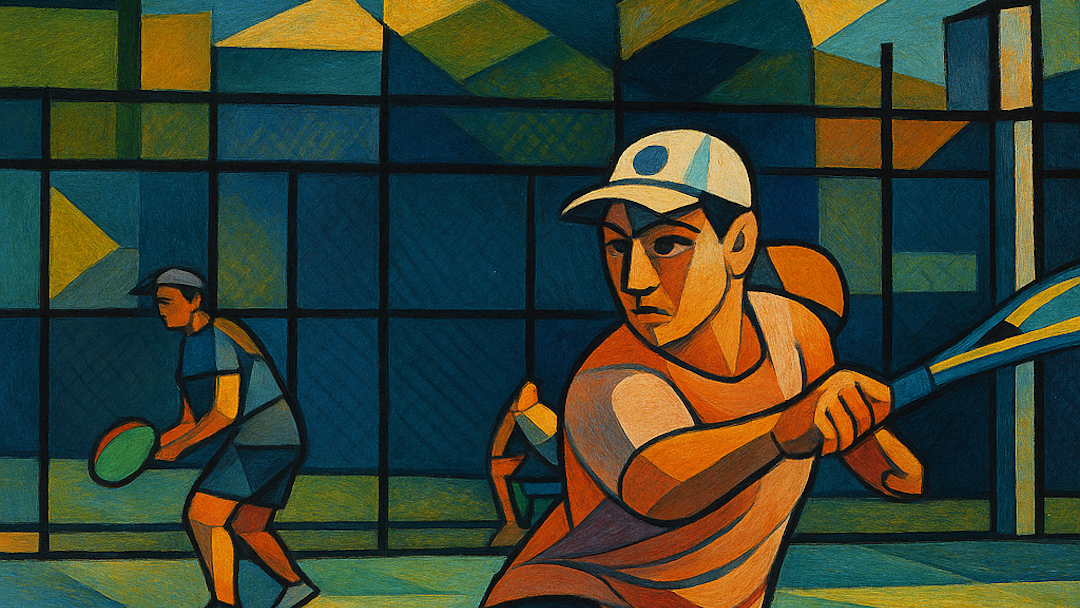Li Na is a retired professional tennis player and a trailblazer in the sport. She was the first person from China to win a Grand Slam Singles title when she won the French Open in 2011. She reached a career-high WTA ranking of #2 and played a pivotal role in popularizing tennis in her country.
Li Na: My Life is her autobiography, published in 2013, shortly before she retired the following year. That means this book does not cover her second Grand Slam title at the Australian Open in 2014, nor does it include the final chapter on her ultimate decision to retire. However, My Life makes it clear that Li Na thought about walking away from the sport a lot during her career.
With the recent return of the WTA tour to China, it is the perfect time to review this book. Additionally, there was overlap between the competitive careers of Li Na and Peng Shuai, the Chinese player who recently disappeared from public view after accusing a senior party official of sexual assault. Peng Shuai is explicitly mentioned twice within My Life, bringing this book back into current relevance.
As a young child, Li Na was originally selected by a local amateur sports school to train for badminton. However, her natural stroke mechanics were determined to be better suited for tennis, and the school converted her over to that sport. Her tennis skills progressed so rapidly that she became a boarding student at the amateur sports school when she was only eight years old.
My Life sheds light on how China’s sports training system works as Li Na traces her life story. She was selected to China’s national team when she was 14 years old and turned professional two years later. Her biography is full of insight into how the Chinese Tennis Association player development program operates, including how little autonomy the players have over their lives and personal health decisions.
In 2005, shortly after making the US Open Draw for the first time and with the weight of expectations on her shoulders, Li Na was crushed by an up-and-coming Peng Shuai in the semifinals of the Chinese National Games. After the loss, Li Na made comments that were taken as criticism of the National Team system in China. My Life articulates the player’s side of a very messy public rift. Due to her part in that drama, Peng Shuai was certainly aware of Li Na’s perceived rebellion.
In 2008, the Chinese Tennis Association announced that Li Na would be allowed to leave the organization to pursue a professional tennis career on her own. She became responsible for her travel expenses and training. She was also required to return a percentage of her earnings to the state. Three other Chinese players were offered the same deal when the announcement was made. Peng Shuai was one of them.
In My Life, Li Na provides a detailed account of the personal significance of competing in WTA tournaments hosted in China. Players always want to do well at their “home” tournaments. However, there seems to be additional pressure on players in China. Consequently, this book is a timely read during the Asian swing of the WTA tour.
Li Na also revealed that she didn’t play tennis as a child because she loved the sport. Rather it was what other people wanted and expected her to do. It is no surprise that she was contemplating breaking from the sport throughout her life. However, it is equally clear that she grew to love tennis and missed playing during the frequent injuries that plagued her career.
Li Na: My Life details the remarkable journey of a tennis trailblazer and a key figure in the sport’s rise in Asia. The autobiography provides valuable insights into the inner workings of the Chinese player development program and the sacrifices and challenges faced by athletes in the system. With the recent disappearance of Peng Shuai, this book has become a relevant and timely read. I wholeheartedly recommend delving into Li Na’s inspiring life story.
Fiend At Court participates in the Amazon associates program and receives a paid commission on any purchases made via the links in this article. Details on the disposition of proceeds are available on the “About Fiend at Court” page.



